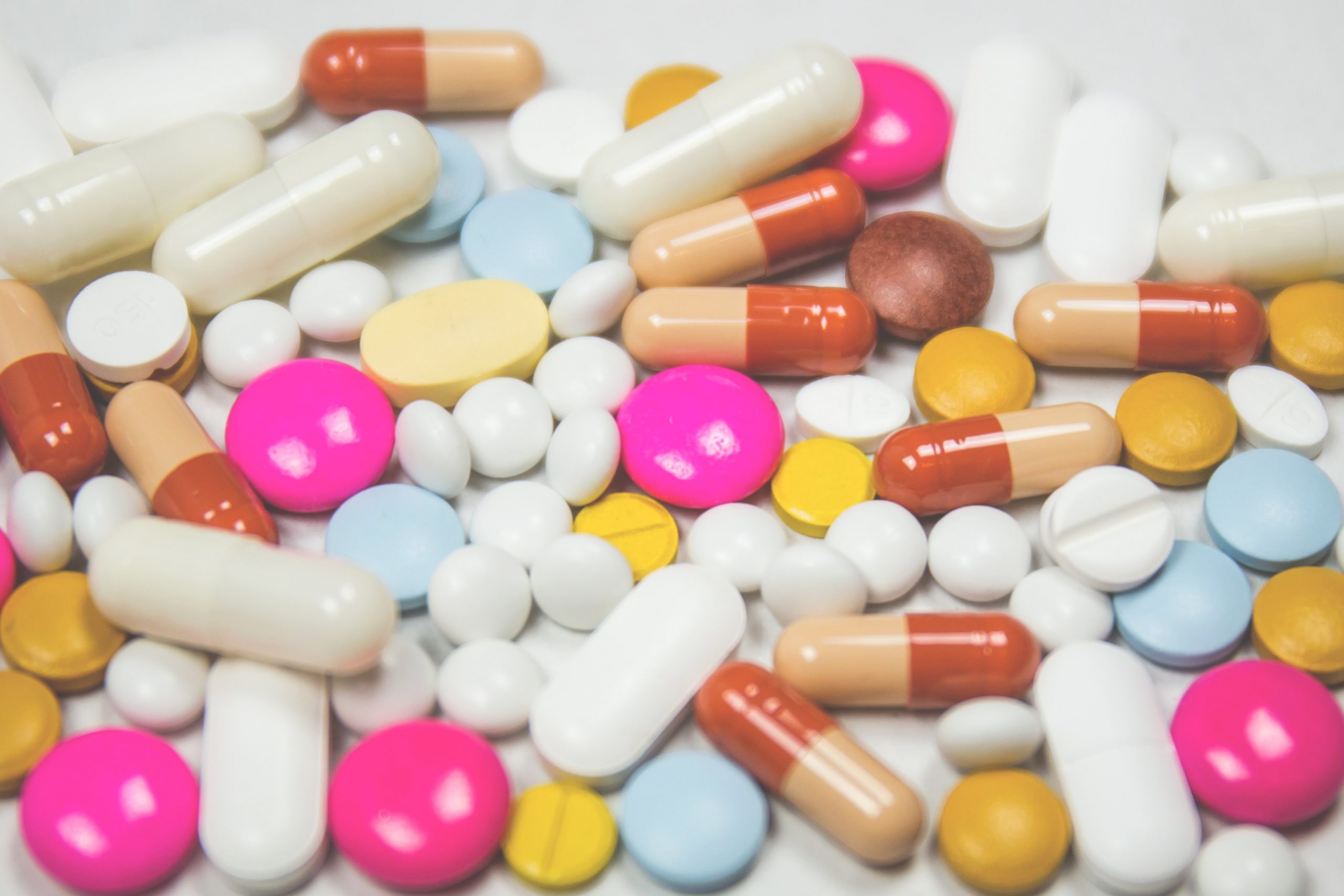One in three Americans have not cleared out their old medicines in the past year and nearly one in five Americans have not done so in the past five years. In total, that adds up to roughly 100,000 tons of unused medication each year. Failing to dispose of unused medications, especially opioids, can have serious consequences. Medicine prescribed to you can be harmful to other individuals for a variety of reasons. Additionally, expired medications can abnormal affects, even if they are prescribed to you. Below are a few methods to handle old medications:
“Take Back” Drug Programs – Medication take back programs are the best way to dispose of medication. They can take the form of periodic events or permanent collection sites. These programs are often sponsored by the US Drug Enforcement Administration (DEA) and local law enforcement agencies. Some pharmacies have drug disposal kiosks. You can ask your pharmacist if they have any drug disposal options. Sharps, like syringes and needles, are not accepted by these programs.
Throw Medicine Away – Nearly all medications, both prescription and over the counter, can be thrown into your household trash can. This includes pills, liquids,
drops, patches, and creams. The FDA recommends you:
- Remove the medicines from their original containers and mix them with something foul-tasting (kitty litter, coffee grounds, dirt)
- Put the mixture in a sealable container or bag
- Throw the container in your household trash
- Mark out all personal information on prescription containers before throwing away for your privacy
Flush Medications – A small number of medications have specific instructions to flush them down a toilet or sink when they are no longer needed and a take back program is not available. If you are unsure if your medications fall into this category, check the container or ask your pharmacist.
Improve Your Medication Storage – Children are often the ones affected by accidental exposures to medications. This accounts for 60,000 ER visits and 450,000 calls to poison control each year. To prevent accidental exposures, medications should be kept in child proof containers and out of reach of children, Keep track of your medications: what medications you have, where, and how much is left. Never allow children under 18 to take opioids for any reason, unless prescribed.
Source: Texas A&M Health


